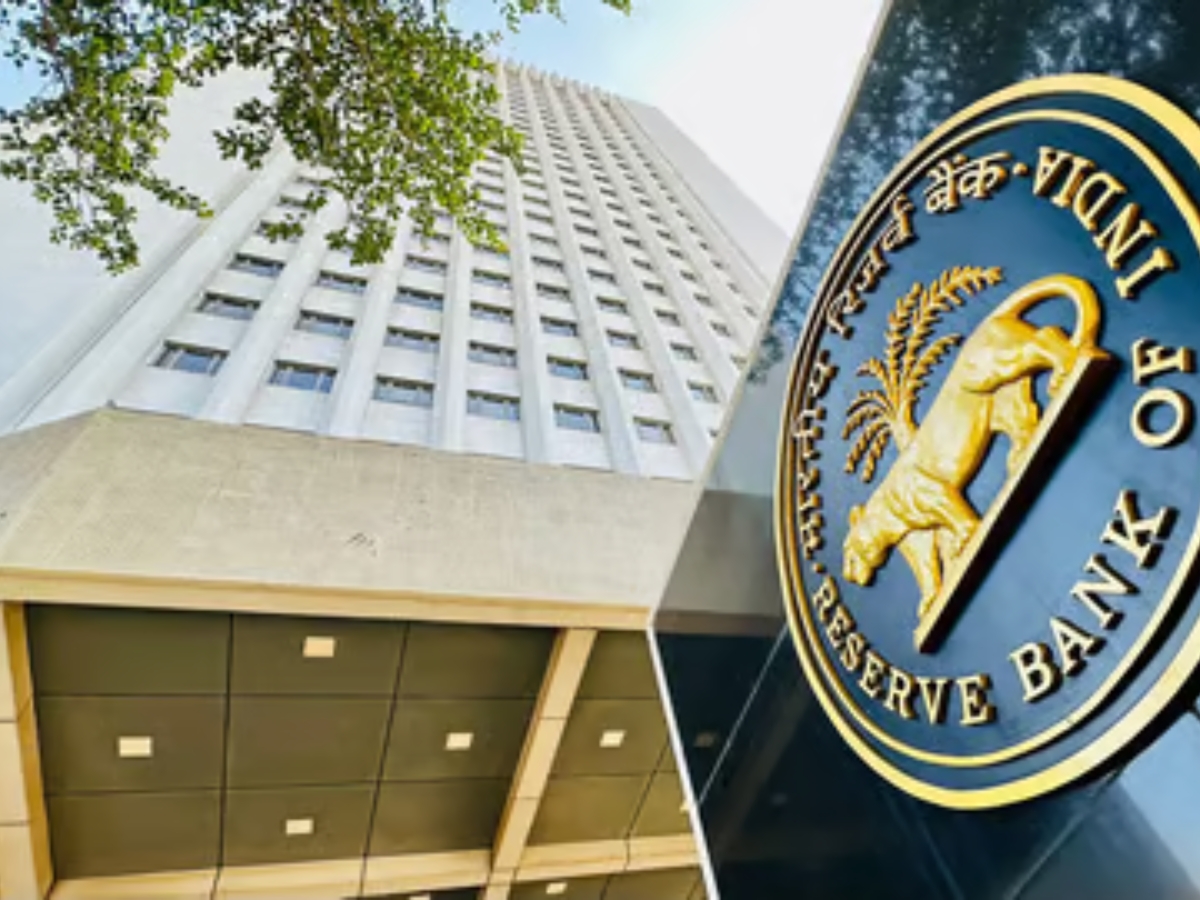RBI takes strict action against four NBFCs
The central bank has identified concerns regarding the Pricing Policy of these companies, specifically in relation to their Weighted Average Lending Rate (WALR) and the Interest Spread above their cost of funds.

RBI takes strict action against four NBFCs
The RBI has taken significant action against four NBFCs under Section 45L(1)(b) of the Reserve Bank of India Act, 1934. Directions have been issued to Asirvad Micro Finance Limited, Arohan Financial Services Limited, DMI Finance Private Limited, and Navi Finserv Limited to halt loan sanction and disbursement activities starting from the close of business on October 21, 2024.
The central bank has identified concerns regarding the Pricing Policy of these companies, specifically in relation to their Weighted Average Lending Rate (WALR) and the Interest Spread above their cost of funds. The rates charged by these NBFCs have been deemed excessive and not in compliance with regulatory guidelines.
Read Also : New Appointments and recommendations issued by GovernmentAccording to the RBI, in addition to charging excessively high prices, these NBFCs were found to be not following regulatory guidelines on evaluating household income and factoring in current or future monthly repayment responsibilities for their microfinance loans.
This action is based on material supervisory concerns observed in the Pricing Policy of these companies in terms of their Weighted Average Lending Rate (WALR) and the Interest Spread charged over their cost of funds, which are found to be excessive and not in adherence with the regulations as laid down in the Master Direction – Reserve Bank of India (Regulatory Framework for Microfinance Loans) Directions, 2022 (updated as on July 25, 2022) and Master Direction – Reserve Bank of India (Non-Banking Financial Company–Scale Based Regulation) Directions, 2023, dated October 19, 2023 (updated as on March 21, 2024). These are also found to be not in conformity with the provisions laid down under the Fair Practices Code issued by the Reserve Bank."
Read Also : Tata Power unveils Solar Adoption in Tamil Nadu with Ghar Ghar Solar InitiativeThe RBI will re-evaluate the restrictions once companies confirm that appropriate measures have been implemented to comply with regulatory guidelines, particularly in the areas of pricing policy, risk management, customer service, and grievance resolution.
Read Also : Hindustan Zinc Q2 Results: Net profit rises 34.6% to Rs 2,327 croreNews Must Read
- India extends its first-ever rupee-denominated Line of Credit under IDEAS
- Three Pilot projects in Steel Sector launched under the National Green Hydrogen Mission
- RBI takes strict action against four NBFCs
- Metro Services Extended for Sunday's Vedanta Delhi Half Marathon
- TCIL celebrates 46th Foundation Day on 15th Oct 2024
- SECL Becomes First Coal Company to Open Four AMRIT Pharmacies
- RVNL wins contract for Nagpur Metro Phase-2 Project
- Ircon International shares gains 4% amid signing MoU with Patel Engineering
- RailTel shares surge 10% amid bagging Rs 79 crore order from MHADA
- Larsen & Toubro Wins Order for Agra Metro Network